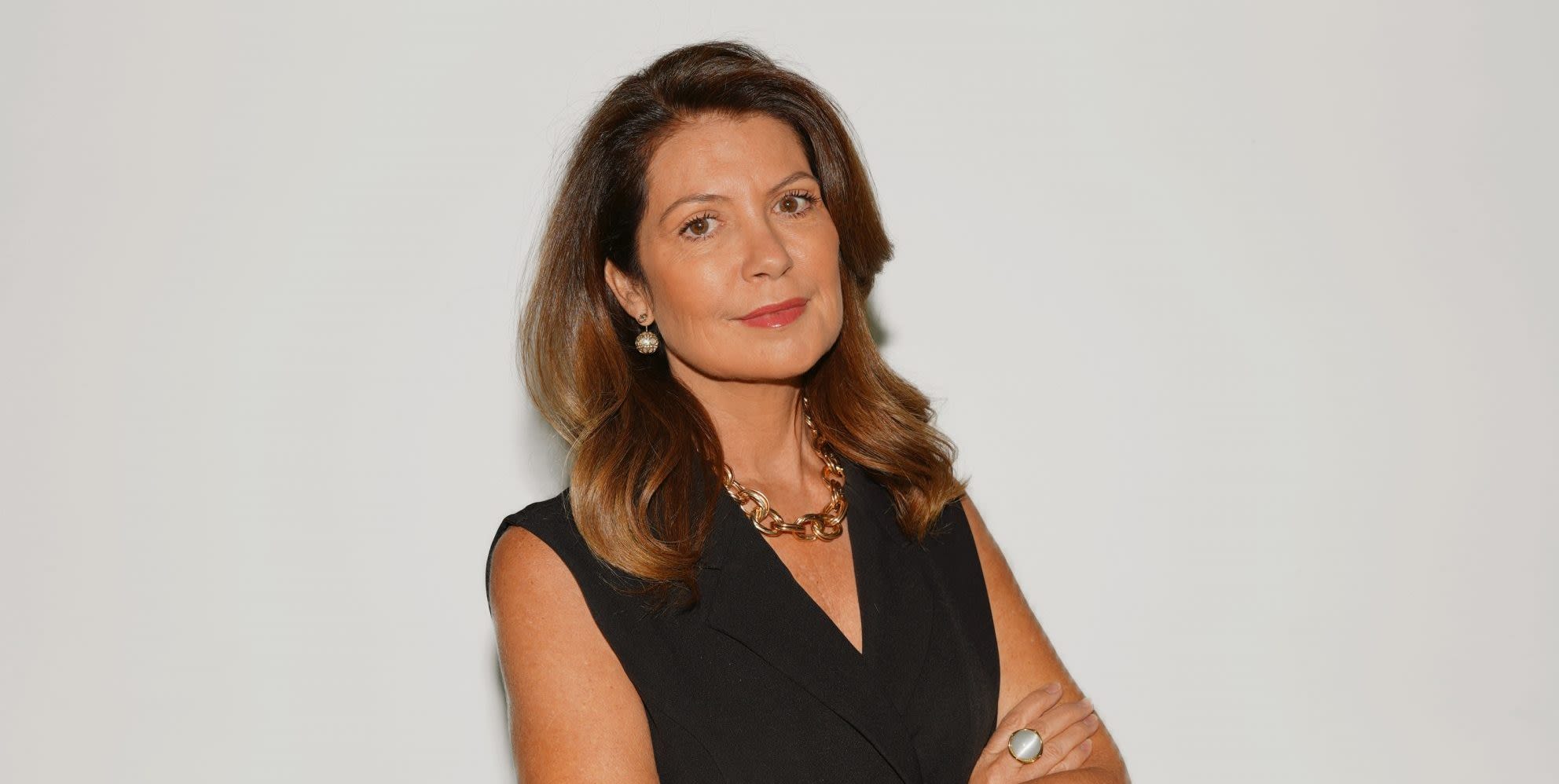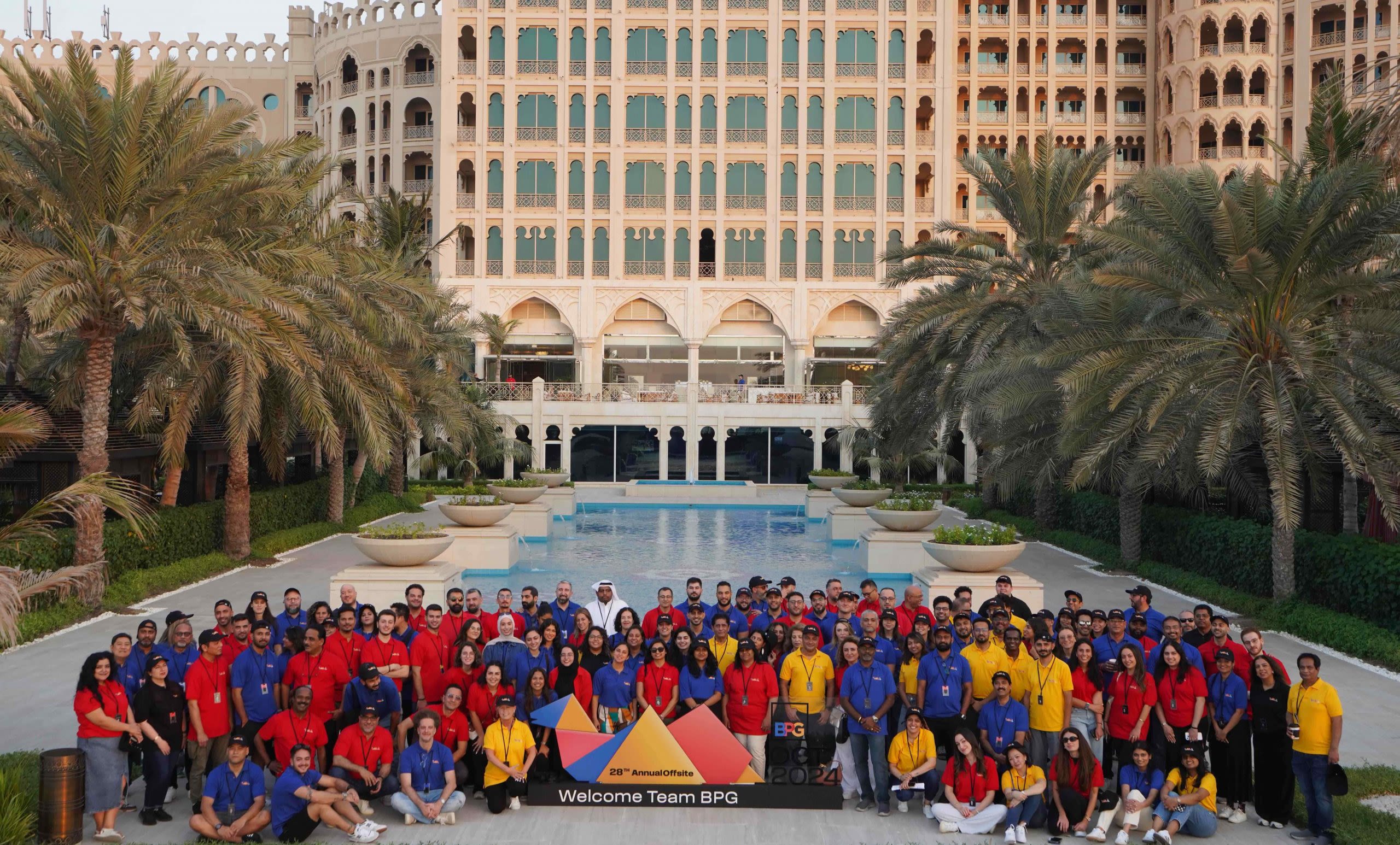Mark Zuckerberg and I have something in common. We both launched our companies 20 years ago in 2004. Zuckerberg went on to create one of the most iconic tech giants, Meta, which has fundamentally shaped the way people communicate across the world. Meanwhile, I have spent the past 20 years trying to help shape the comms industry in the region as a leader of several GCC marcomms agencies.
Whilst I recognise the parallels between us are marginal, it has given me cause to reflect on this as an interesting perspective with which to chart how dramatically marketing has evolved in the GCC over these past two decades. Facebook was a catalyst for major change in the comms world. It led to the social media boom, which has changed how we communicate, how we consume media, how we get our news, and how we relate to an increasingly connected yet fragile world.
Now that I have recently taken on a new role as EVP of Comms & Content at BPG UAE, the question arises around what can we learn from the evolution of comms over the past two decades, and what are some of the key marketing drivers for the future?
An era of change
Where previously it was all about one-way communication, now the nexus is focused on customer experience, speed of adaptation and digital engagement. Furthermore, there lies a growing recognition that human factors are also increasingly influencing communications as we navigate a period of unparalleled global complexities politically, economically and environmentally.
Looking back, one cannot underestimate the massive changes in marketing in the GCC over the past 20 years. Back in 2004 when I co-founded one of the region’s first integrated marcomms agency, DABO & CO, the population of Dubai was only one million and traditional print media and TV were king.
Starting my career in advertising and PR, the key focus was centred around print campaigns, media coverage, producing flyers and long-form commercials. In 2004, it was reported by Ipsos-Stat and Business Compass that daily newspapers had a 59.5 per cent penetration among the UAE’s population, as compared to 52.9 per cent for weekly magazines and 9.1 per cent for monthly magazines. Whereas TV viewership was significantly higher than in the rest of the world with a staggering 150 different channels in the Middle East, according to a Booz Allen Ipsos report in 2005.
Compare that with today, where printed publications are diminishing, and TV viewing has been dramatically disrupted by video on demand (VOD) streaming platforms. YouGov UAE statistics indicate that watching TV via a VOD streaming service represented 86 per cent in 2023. Gen Z say that live TV is a thing of the past (44 per cent) and YouTube dominates their choice for on-demand TV.
Driving digital
Although Facebook, Twitter, Instagram and Snapchat all emerged from 2004 to 2011, it wasn’t until 2012 that social media started to become recognised as an important marketing option.
In PR terms, the shift in news consumption is undeniable. A 2024 report from Reuters Institute for the Study of Journalism reveals the rate to which social media is disrupting traditional news sources.
Utilising creative digital content to engage and inform needs to be increasingly prominent in any comms strategy, with figures demonstrating video is becoming a more important source of online news, with the majority of news video consumption on online platforms (72 per cent) rather than publisher websites (22 per cent). Furthermore, according to global samples, YouTube is used for news by almost a third (31%) each week, WhatsApp by around a fifth (21 per cent), while TikTok (13 per cent) has overtaken Twitter (10 per cent), now rebranded X.
Managing reputations
Whilst digital may have been the catalyst of change in the way we consume our content, the type of content we consume has also shifted. We can no longer neglect the fact that sustainability is a growing factor that must be considered within all communications strategies.
From a reputation management perspective, consumers, employees, and investors perceive a brand’s environmental track record and performance can have a bigger financial impact than the actual results. According to Deloitte, three quarters of C-level executives feel pressure to respond to consumers, employees, and investors demand that companies operate responsibly.
Harnessing the power of social influence is one of the most effective ways to engage with consumers and influence behaviours as well.
A recent report by Nielsen states that 81 per cent of global consumers believe that companies should play a role in improving the environment. Moreover, Unilever reports that 33 per cent of consumers now prefer to buy from brands they perceive as doing social or environmental good.
Marketers need to fuse social objectives into their marketing strategies, and sharing stories about the positive impact the brand has had on communities can build trust with customers, inspiring them to support the company’s mission.
What lies ahead?
I believe to meet the pace of change, integration is the key, by blending communications with digital to deliver smart solutions for evolving marketing agendas. Whether it is through a greater focus on engaging content, strategic data-driven thinking, CX or the adoption of tech to revolutionise the marketing landscape, offering agile and insight-driven campaigns into communications.
Moreover, companies that authentically and ethically embrace sustainability marketing, effectively articulating their core purpose, will not only propel brand awareness and growth, they also play a pivotal role in building a more ethical and sustainable future for upcoming generations.
By Camilla d’Abo, EVP – Communications and Content, BPG Group
This article appeared in Campaign Middle East


